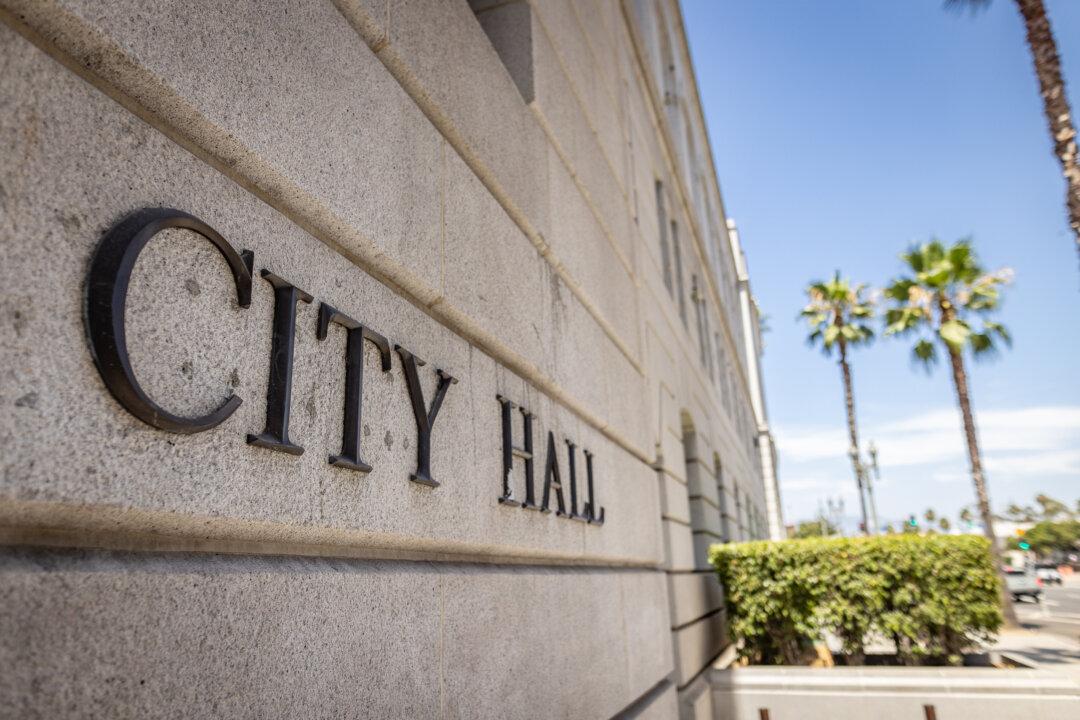LOS ANGELES—As former Canadian member of Parliament and Secretary of State (Asia-Pacific) David Kilgour travels around the world speaking on the issue of forced organ harvesting from prisoners of conscience in China, there are some people who tell him the practice ended in 2015.
Jan. 1, 2015 is the date that former Chinese Vice Minister of Health, Huang Jiefu, openly promised that China would end using organs from executed prisoners for transplantation.




